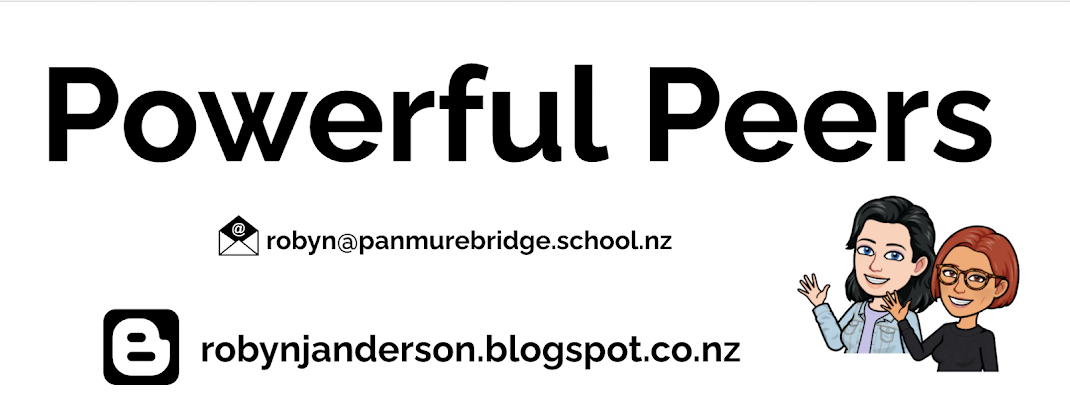'Language in abundance environments ‘drip’ with language availability and attention, where noticing and relevant use of words allow for deeper, wider, more specific and precise, context appropriate language expression… leading to knowing at deeper and broader
levels.' - Dr Jannie Van Hees
Today was our first CoL meeting for 2018. It was great to see so many familiar faces and welcome our new colleagues. The connections formed last year contributed hugely to the success of my 2017 inquiry, and is something I aim to further develop this year as I found the collegial advice and support so valuable.
Presentation 1 - Dr Rebecca Jesson
Meta Analysis of Inquiries by Woof Fisher:
“WFRC will analyse data and evidence from teachers’ inquiries to identified Learn Create Share practices likely to contribute to accelerated progress for students.”
This year Woolf Fisher, our Manaiakalani research partners, will analyse our teacher inquiries to see what works at classroom level. In our CoL teacher role it is innovation that keeps us moving forward. When we develop our knowledge we help to build the knowledge of the whole cluster.
Presentation 2 - Dr Jannie Van Hees
Language Acquisition & Development as the Inquiry Lens into your subject/level:
- Language in abundance is not a programme - it is what is says… abundant language in optimising conditions = brain and language development - drippingly available language not just surrounding them.
- How can we do this? This makes the learning rich!
- Students need to feel comfortable.
- Class culture needs to be inclusive and accepting of all language contributions - value these responses regardless of contributor.
- Role play (eg: PBS Flying Fives) talk accompanied action
- Use talk aloud - and make sure chn know they are allowed to talk ie - conversational dialogic learning
- Information is received then tried out - learners need pegs to hook learning on - these need to be in the dialogue of meaning making
- Students must be able to explain what happened etc to show understand - understand a word means you can explain with specifics and contextualise - be 'Explain Ready' using content specific language helps to expand repertoire of learner
- Use BBC and Radio NZ as a resource to promote listening
- Meaning making = capacity to learn and use language
- Are we reading enough? What language is involved?
- How am I going to get my learners to notice it?
- How can I increase uptake so students are involved?
Conditions on the image above will optimise conditions for learning




No comments:
Post a Comment